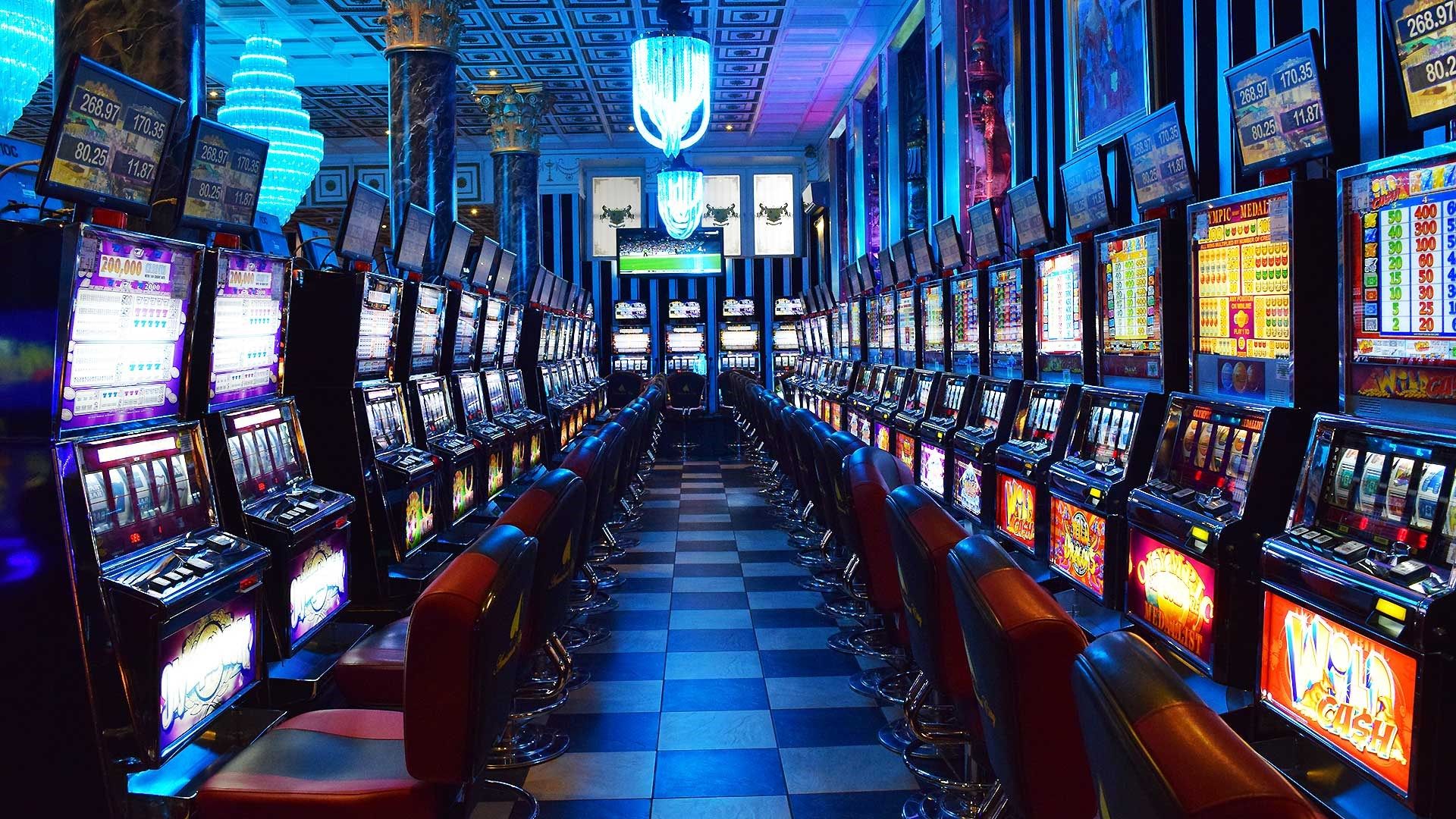Investigating Table Games: Beyond Randomness

When we think of casino activities, the initial pictures that often come to mind are those of spinning wheel wheels, poker tokens clinking on felt tables, and cubes rolling across a betting area. While numerous view these activities as simple hobbies fueled by luck, a deeper exploration reveals a fascinating blend of strategy, expertise, and community engagement that elevates them far beyond basic chance. Whether you are a experienced player or a inquisitive newcomer, grasping the nuances of these activities can significantly enhance your experience and understanding.
Gambling games have evolved over hundreds of years, with various cultures contributing to their diverse backgrounds and different forms. From the intricate tactics of blackjack to the deception methods in card games, players engage in a battle of intellect as much as a gamble on odds. This exciting interplay between chance and expertise creates a exciting atmosphere that draws countless people to gambling establishments worldwide. As we explore the world of table games, we will reveal the methods that can tilt the odds in your favor and the community elements that make these games a favored choice for entertainment and engagement.
The Approach Behind Casino Games
Casino gaming often involve a blend of skill and luck, which makes them fascinating for players who enjoy a test. Every title has their own set of rules and tactics that can influence the outcome. For example, in titles like blackjack, participants are obliged to use tactics like card counting and understanding the probabilities to make informed decisions. This skill set can greatly improve their winning potential, distinguishing seasoned participants from beginners who may depend entirely on chance.
Conversely, games such as the roulette may appear to be purely based on luck, but tactical thinking can also come into play. Participants can choose between different wagering strategies, such as the Martingale strategy, in which they raise the wagers after a loss. This approach can establish a more methodical approach to the game. Grasping the odds of specific bets can also assist participants make smarter decisions on the roulette table, showcasing that even in games of luck, tactics can enhance the enjoyment.
Furthermore, poker stands out as a title that heavily emphasizes tactics. Unlike most gaming games, the game of poker combines skill, psychology, and chance. Participants must not only focus on the hands they are dealt but also take into account their rivals’ actions and wagering patterns. Mastering principles like table position, the odds of the pot, and interpreting bluffs is crucial for winning. This depth of strategy in the game of poker often creates to a more engaging encounter for participants, where the decisions and skills greatly affect the game’s outcome.
Grasping Likelihood and Odds
In the world of casino games, likelihood and odds have a crucial role in determining a gambler’s potential consequences. Every game has its own set of principles that dictate how the probability of succeeding or failing is measured. For instance, in games like blackjack, players have a opportunity to modify their odds through strategy, whereas in games like roulette, the outcomes are purely governed by chance. Rik vip Grasping how these probabilities are calculated can substantially impact how a player approaches the match.
Ratios are typically presented in two formats: ratio and numeric. Ratio odds represent the proportion of the sum gained to the amount staked, whereas numeric ratios show the overall payout for a successful wager, which includes the stake. For example, if a match has odds of 5 to 1, this means that for every one dollar staked, a gambler could win five dollars if successful. Understanding how to read these ratios allows gamblers to evaluate their possible winnings and formulate more informed decisions during play.
Gamblers should also be aware of the casino advantage, which is the casino’s inherent advantage over the players. Each game has a distinct house edge, and comprehending this concept is essential for controlling one’s expectations and funds. Games with a reduced house edge, such as 21 and baccarat, typically offer superior ratios for players compared to games like slots and keno. By understanding the connection between probability, ratios, and the house edge, gamblers can improve their gambling experience and strategize more effectively.
The Exciting Aspect of Table Gaming
Casino games at gaming establishments are often seen as a center of social interaction, drawing participants together in a collective experience that goes far beyond the mere act of gambling. The atmosphere at a poker table can be electric, with gamblers engaging not only with the game itself but also with one another. Joy, excitement, and, occasionally, playful teasing create connections that enhance the overall enjoyment of the gaming experience. This communal aspect can turn a alone endeavor into a dynamic social event, making casino games particularly enticing.
One of the intriguing elements of table gaming is the way it fosters friendship among players. Whether it’s collaborating to defeat the dealer at a craps table or sharing stories between hands in a poker game, the environment encourages communication. Participants often share advice or tactics, creating a sense of community that enhances the fun. This social dynamic can make new gamblers feel included and less daunted by the competitive nature of gaming. As the game progresses, friendships may form, leading to a sense of connection that keeps participants coming back to the table.
Moreover, the social aspect of table gaming extends outside just the players. Casino staff play a crucial role in facilitating interaction and maintaining the flow of the game. Their ability to engage players with warm dialogue and their expertise in running the table can create an inviting atmosphere. This connection between participants and dealers adds another layer of enjoyment, where players feel bonded not only to one another but also to the staff. Such interactions are often what make the experience unforgettable, as players leave with stories to tell and relationships made, reinforcing the notion that table games are truly about something greater than luck.